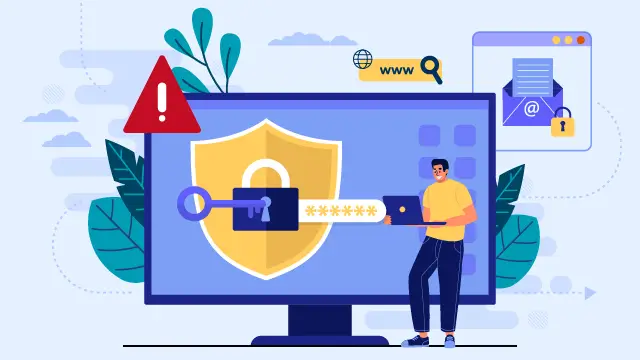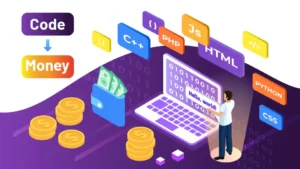In the age of targeted ads, data breaches, and omnipresent social media, it’s easy to believe that online privacy is a lost cause—a relic of a bygone digital era. Privacy is not dead; it has simply become a conscious choice that requires active effort and the right tools.

Surveillance capitalism profits from your data, but you have the power to push back. Reclaiming your privacy isn’t about having something to hide; it’s about asserting your right to control your personal information. Here are five powerful tools to help you build your digital fortress and take back control.
1. The Privacy-Focused Browser: Brave or Firefox
Your web browser is your primary window to the internet, and it’s also a primary source of data leakage.
• What it does: Browsers like Brave come with built-in ad-blocking and tracker prevention, stopping invasive scripts from monitoring your every move. Firefox, with its enhanced tracking protection, is a robust, open-source alternative that champions user privacy.
• Why it matters: It prevents companies from building a detailed profile of your browsing habits, leading to a faster, cleaner, and more private web experience.
2. The Search Engine That Doesn’t Track: DuckDuckGo
If you’re using Google for all your searches, you are the product.
• What it does: DuckDuckGo is a search engine that delivers results without tracking your searches or creating a personal profile. It doesn’t store your personal information or create a filter bubble based on your past behavior.
• Why it matters: You get unbiased search results and the peace of mind that your most sensitive queries aren’t being logged and analyzed for advertising.
3. The Encrypted Messenger: Signal
• What it does: Signal uses state-of-the-art end-to-end encryption by default for all your calls and messages. Even Signal itself cannot access your communications. It’s the gold standard for private messaging.
• Why it matters: It ensures that your private conversations stay private, protected from hackers, telecom providers, and even the app makers themselves.
4. The Password Manager: Bitwarden
Reusing weak passwords is one of the biggest threats to your online security.
• What it does: A password manager like Bitwarden generates and stores strong, unique passwords for every site you use. All your credentials are secured behind one master password and encrypted vault.
• Why it matters: It prevents credential stuffing attacks, helps you avoid phishing scams, and drastically improves your overall security posture across the web.
5. The VPN (Virtual Private Network):
When browsing on public Wi-Fi or even at home, your internet traffic can be exposed.
• What it does: A Virtual Private Network (VPN) encrypts your internet connection and routes it through a secure server, masking your IP address and location. Choose reputable, privacy-focused providers like ProtonVPN or Mullvad that have a strict no-logs policy.
• Why it matters: It protects your data from being snooped on by your Internet Service Provider (ISP) and adds a crucial layer of security on untrusted networks.
Your Privacy, Your Responsibility
The journey to reclaiming your data isn’t about achieving perfect, 100% anonymity. It’s about making meaningful strides to reduce your digital footprint and increase your control. By integrating even one or two of these tools into your daily digital life, you send a powerful message: your data belongs to you. Privacy isn’t dead—it’s waiting for you to reclaim it.





